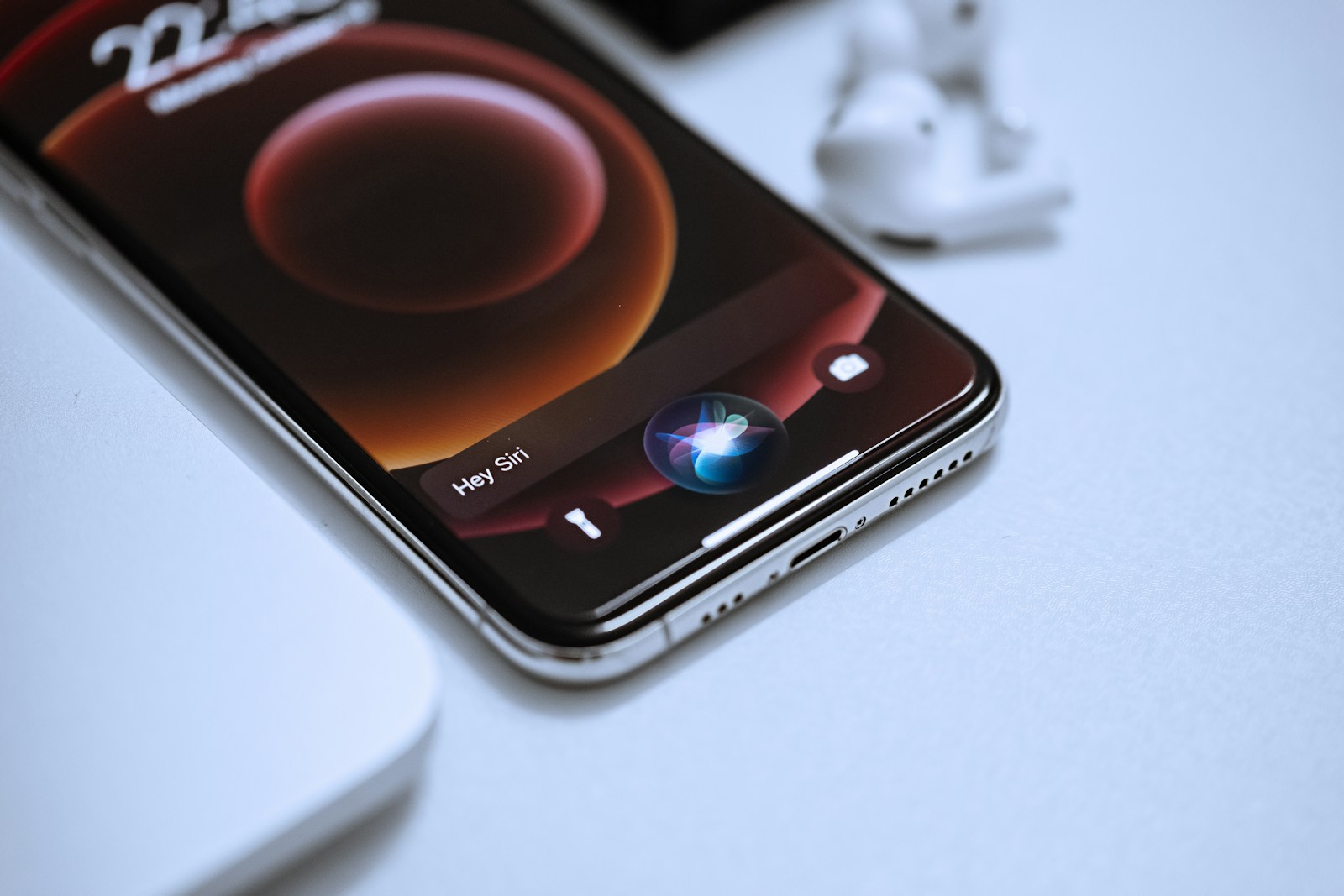Apple Intelligence is Postponed Again!
No one remembers the developers who wrote the code for the first iPhone or the engineers who worked tirelessly to create the hardware behind Siri. You can transform the world with innovation, but the people behind it don’t have to be visionaries—they just need to be persistent, competent, and willing to put in the hours.
The same could be said about Apple Intelligence, an ambitious promise from the tech giant that seems to perpetually miss its debut. Speculation runs wild, but the reality remains unchanged—Apple plans big but delivers incrementally. The folks leading these efforts aren’t prophets of the future. Most of them aren’t even especially good at forecasting trends. And yet, they are the driving forces behind the persistence that keeps projects like this alive.
Why the Delay?
The world was ready for Apple Intelligence—or so we thought. From developers to analysts to consumers, the tech landscape has awaited Apple’s move into the sophisticated artificial intelligence (AI) space with bated breath. But projects like this don’t stall out because emails go unchecked or meetings run long. The delays often stem from a combination of ambition, experimentation, and complexity colliding with reality.
Apple isn’t in the business of gambling. For them, success isn’t about being first—it’s about being right. Unlike some of their competitors, they play the long game, often choosing to perfect the backend mechanics before pressing ahead with commercial releases. But in doing so, they’ve left room for competitors like Google and OpenAI to capture public imagination.
The Danger of Over-Engineering
Sometimes, the pursuit of perfection can overshadow the value of progress. Those following Apple’s trajectory might think that the delayed launch of Apple Intelligence has more to do with an unwillingness to tolerate imperfection than a lack of innovation. Apple, like all companies of its caliber, needs to strike a balance between letting the technology breathe and ensuring it doesn’t falter.
No one expects the developers of Apple’s AI system to single-handedly solve general artificial intelligence. They don’t have to be world-changing philosophers. They simply need to maximize their craft while adapting to the user experience Apple is known for. And perhaps that’s what’s taking so long—it’s not just coding or engineering. It’s shaping the tech into something human, seamless, and distinctly Apple.
Is the Wait for Apple Intelligence Worth It?
Companies like OpenAI, Microsoft, and Google have all launched major projects that show the power of AI in action, sometimes stumbling but quickly iterating. Apple, by contrast, maintains its customary silence. With every keynote, people tune in hoping to see the future of AI integration into Apple products. And yet, the midwives of Cupertino stay silent. Are they biding their time for the perfect moment, or are internal challenges reshaping their grand plans?
Learning from Tech’s Past
Kevin Kelly once suggested that technology evolves like a species, learning and adapting as it grows. Apple may well be taking this to heart, attempting not to control or prematurely force the process, but to nurture it. However, in nurturing the “species” of Apple Intelligence, they must remember the environment won’t wait indefinitely. If they’re not careful, the ecosystem will evolve and move on without them.
The Bigger Picture
Every major leap in tech has needed its shepherds—individuals and teams who believed in the future enough to stick with the process through its messy, iterative phases. But the shepherds aren’t the story; the tech is. While we discuss Apple’s delays, it’s important to remember that their largest contribution to the AI discussion might not come in the form of splashy announcements or cutting-edge models. It might simply come down to making what’s already possible more accessible and polished.
